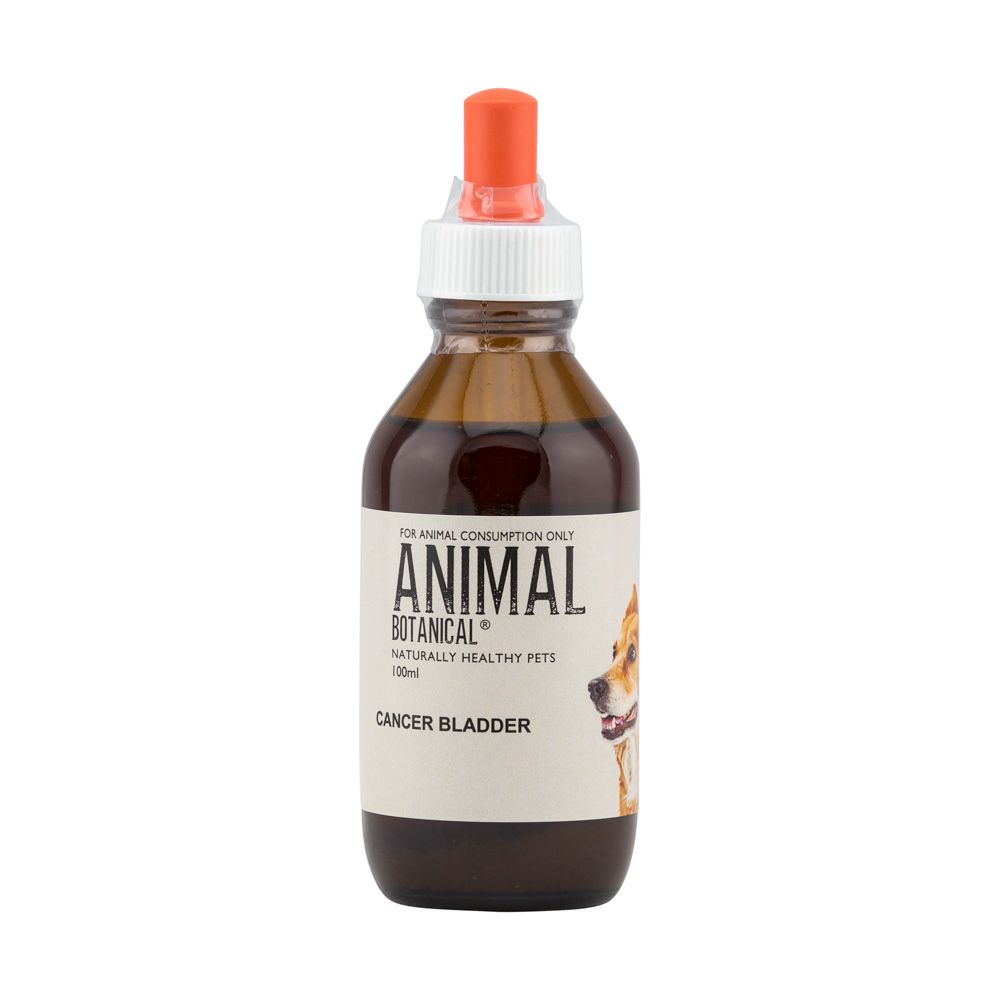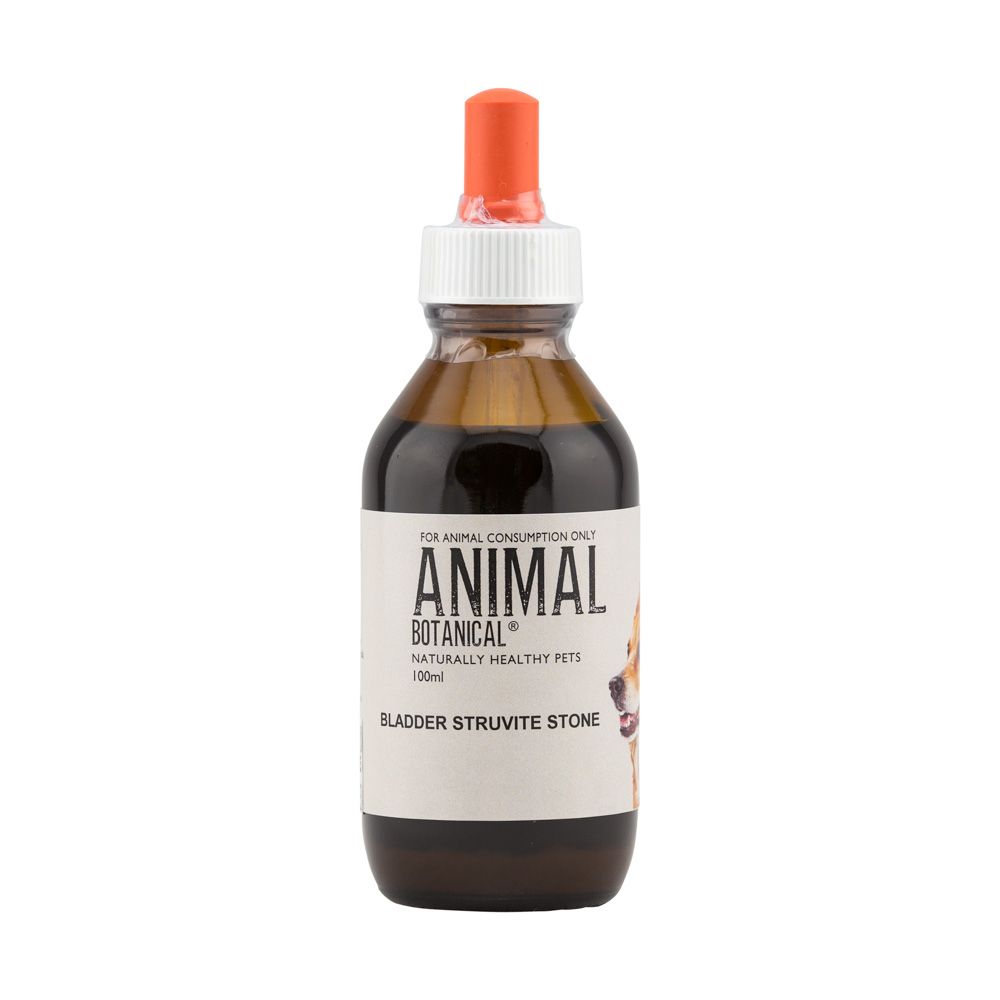HISTORY
NAME: Dandy
SEX AND BREED: Male Maltese terrier
AGE: Approx. 5 years old
DIET: Fed a standard processed diet
DIAGNOSIS: Diagnosed with Bladder cancer. Diagnosed from 2 ultrasounds, and bladder stones diagnosed from a further two ultrasounds. Initially Vets told Dandy's owner he had 6 months to live as a result of bladder cancer .
Initially they told Dandy's owner he had 6 months to live. He was seen by several vets and pathologist that read his blood/urine test. He is on special dog food for a month, then they will redid his ultra sound to see if the stones have dissolved by themselves (or if he needed surgery) and also to look for any cancer masses. He had his 3rd ultra sound and now he has bladder stones but they can't find any cancer masses - they seem to have gone!
PROGRAM AND CATH'S RECOMMENDATION
BACKGROUND
The Stones are most likely the after-effect of his body trying to eliminate the infection and metabolic build up. I would not be worried. Instead you can use herbs to help to dissolve the stones naturally. Bladder stones, or uroliths, are stone-like mineral deposits that form in your dogs bladder. Bladder stones may occur as a single deposit, or consist of many smaller pieces.
Bladder stones can have many causes including genetic, bacterial infection, poor diet & and or an out of balance pH in the urine.
In dogs, the general rule is: no infection, no bladder stones. Bladder stones come in several mineral compositions. The most common stone types are oxalate and struvite and since the approach is completely different for each type, it is crucial to determine the stone type.
Struvite stones in the dog are almost always formed because of the urinary changes that occur with specific types of bladder infection. Some dogs with bladder stones show no symptoms of any kind and the stones are discovered incidentally but there are some symptoms that might promote a search for stones. Bloody urine, recurrent bladder infection, or straining to urinate all should raise suspicion. Occasionally stones are simply passed. Dogs with struvite stones tend to be almost all female. Some breeds that appear to have an increased risk for the formation of (bladder) struvite stones are the Beagle, Miniature Schnauzer, and English Cocker Spaniel.
UPDATE
He is doing very well! He has had 4 ultrasounds, with the 1 and 2 showing cancer masses, 3rd one-bladder stones, 4th one shows nothing - no stones or masses! Thank you! Thank you all so so very much for your help and products! One of his nicknames is Happy Pants Dan, because he is always so happy and bouncy when he walks!
Dandy just relaxing on the couch with his best friends







